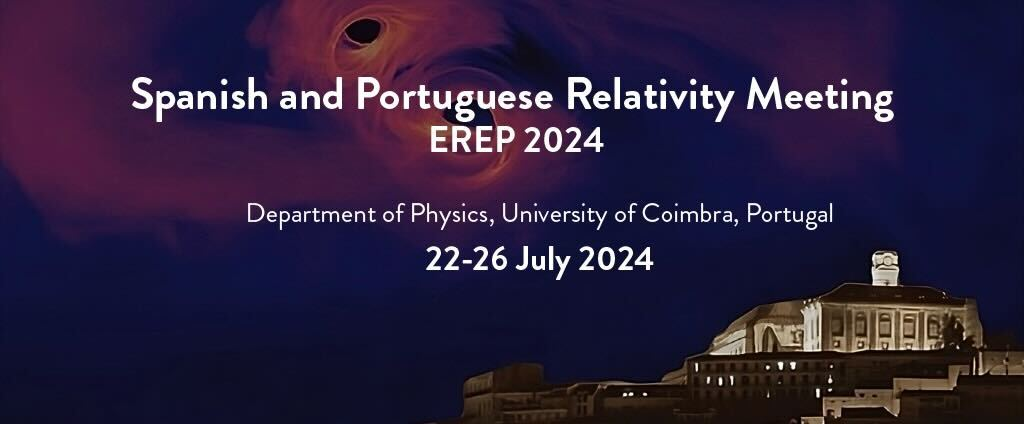Speaker
Description
The weak cosmic censorship conjecture asserts that naked singularities cannot be generically produced when regular initial data is evolved using the classical equations of General Relativity, and assuming the matter content is physically reasonable. Whatever curvature singularities arise — if they arise — are con- cealed within black hole event horizons.
A potential violation of this hypothesis was investigated fifty years ago by Wald. In one of the versions considered, it consisted in trying to overspin an extremal rotating black hole by throwing at it a test particle with large angular momentum. Alas, what was found was that either the particle slings around the black hole or, if it falls through the horizon, it does not cause overspining. In any case, the horizon is preserved and no singularity is exposed.
In this talk I will discuss how this test of the weak cosmic censorship performs on quantum-corrected black holes recently discovered. Specifically, I will analyze the effects of dropping a test particle into an extremal quantum rotating BTZ black hole, whose three-dimensional metric captures the exact backreaction from strongly coupled quantum conformal fields.
